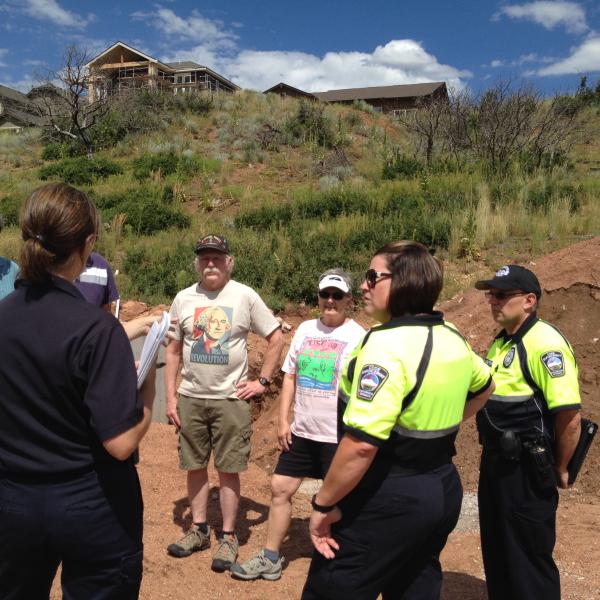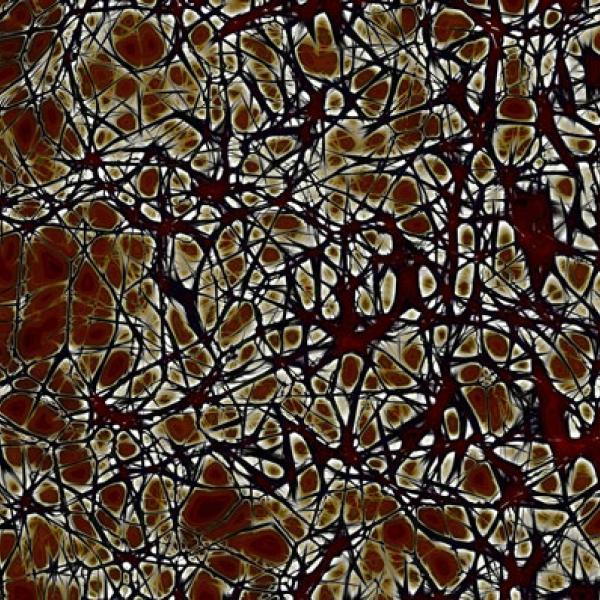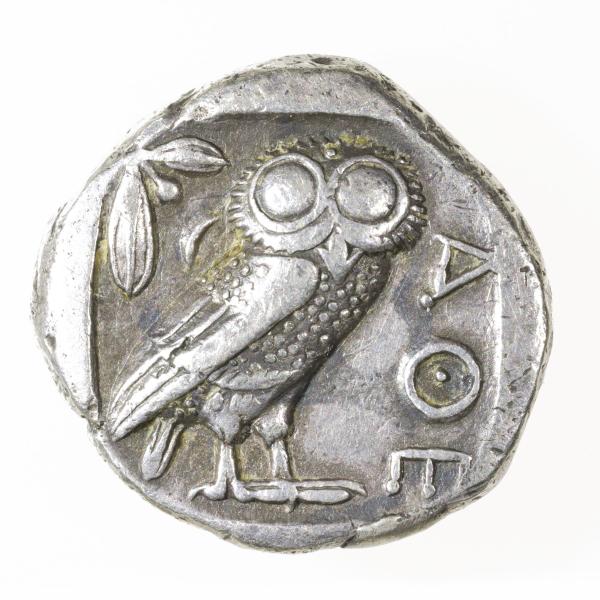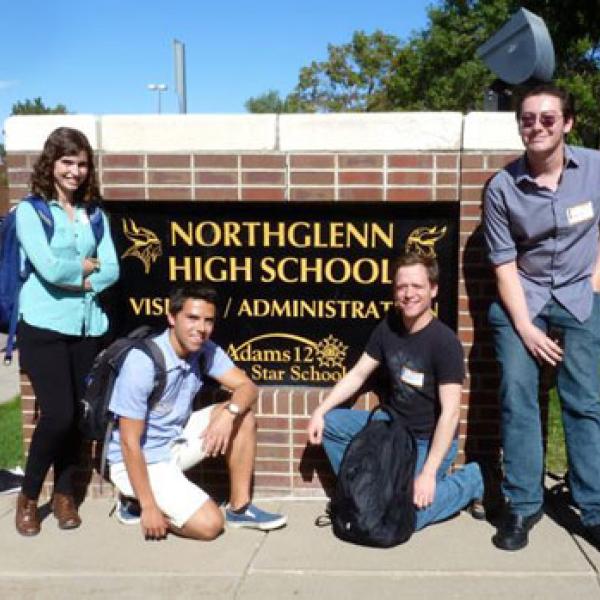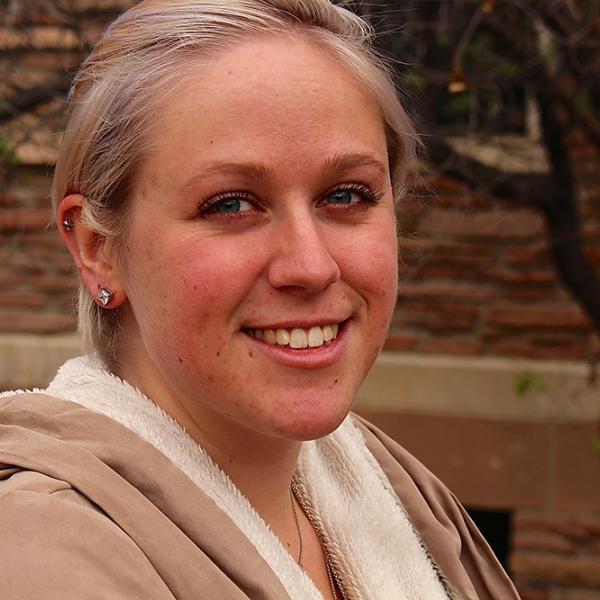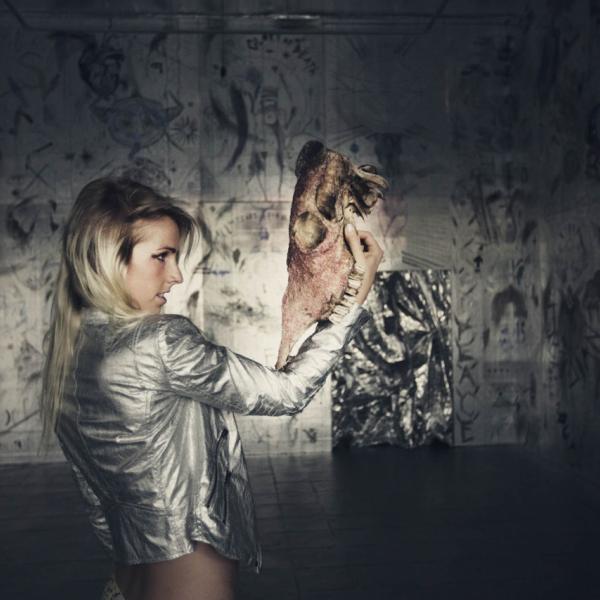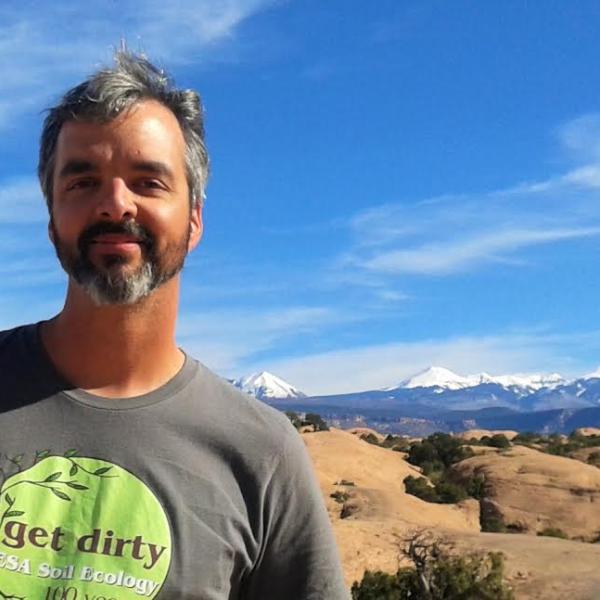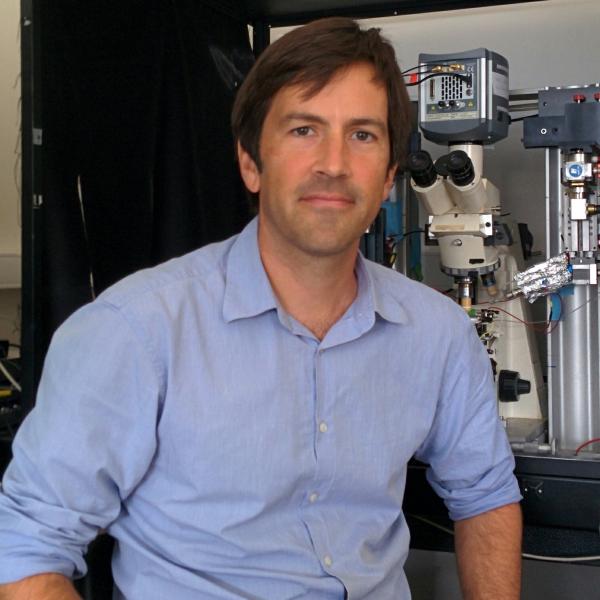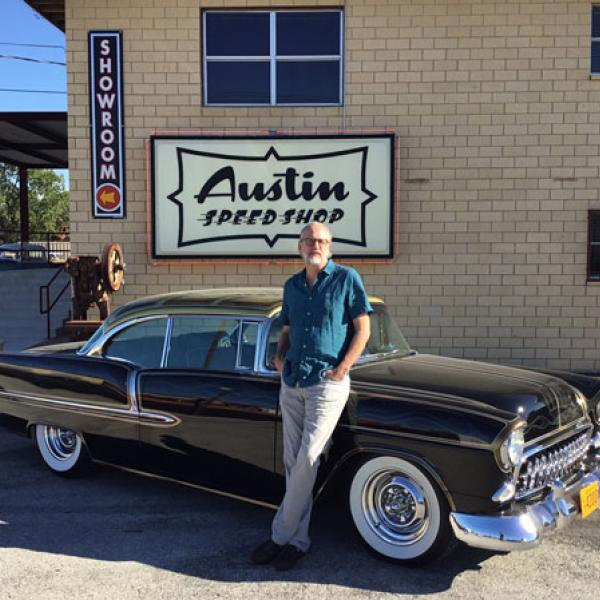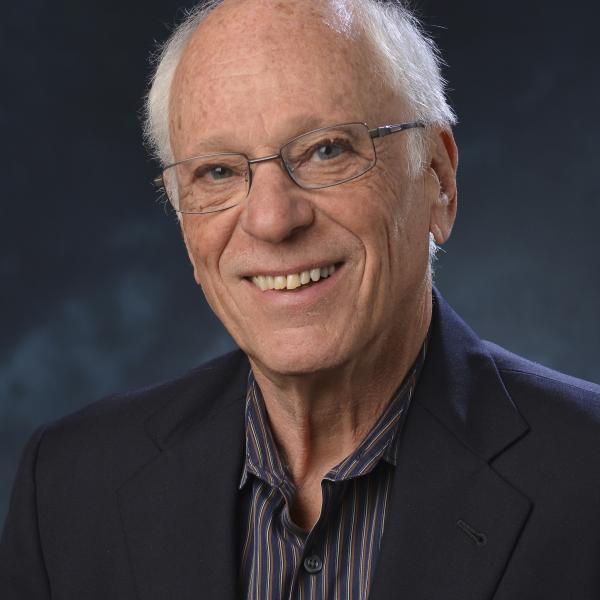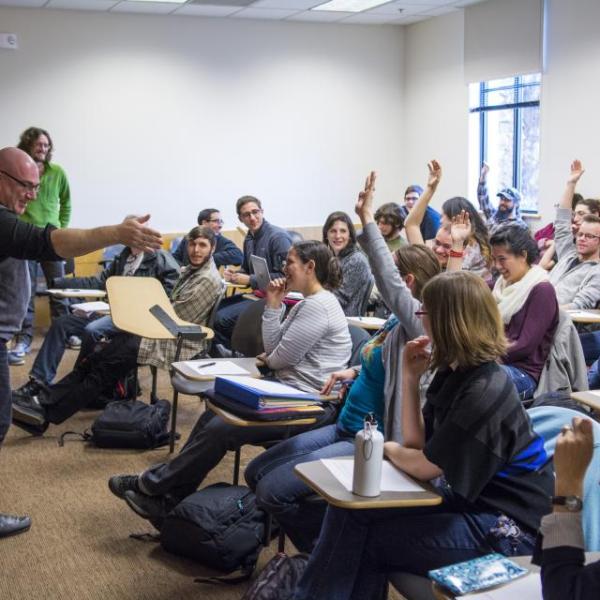Winter 2015
Features

They run, but not for the health of it
Sure, there are endorphin junkies who love to enter the ‘pain cave,’ but for those who’d rather play, fleeing from ‘zombies’ does the trick, CU-Boulder researchers find.
Read More
Are you happy now? Enjoy your (likely) long life
Some peer-reviewed studies have found that happy people tend to live longer than their less-happy counterparts. But now, for the first time, researchers have found that happiness all by itself—regardless of marital status, income, physical health and other indicators—is a key factor in longevity.
Read More
Profs find new benefits, some harm in "voluntourism"
Generally, ‘voluntourism’ is a poor substitute for traditional development work. Most projects are short-term, organizations that promote voluntouring don’t always ‘understand the place where it happens,’ and travelers typically don’t have skills needed for particular projects, researchers find.
Read More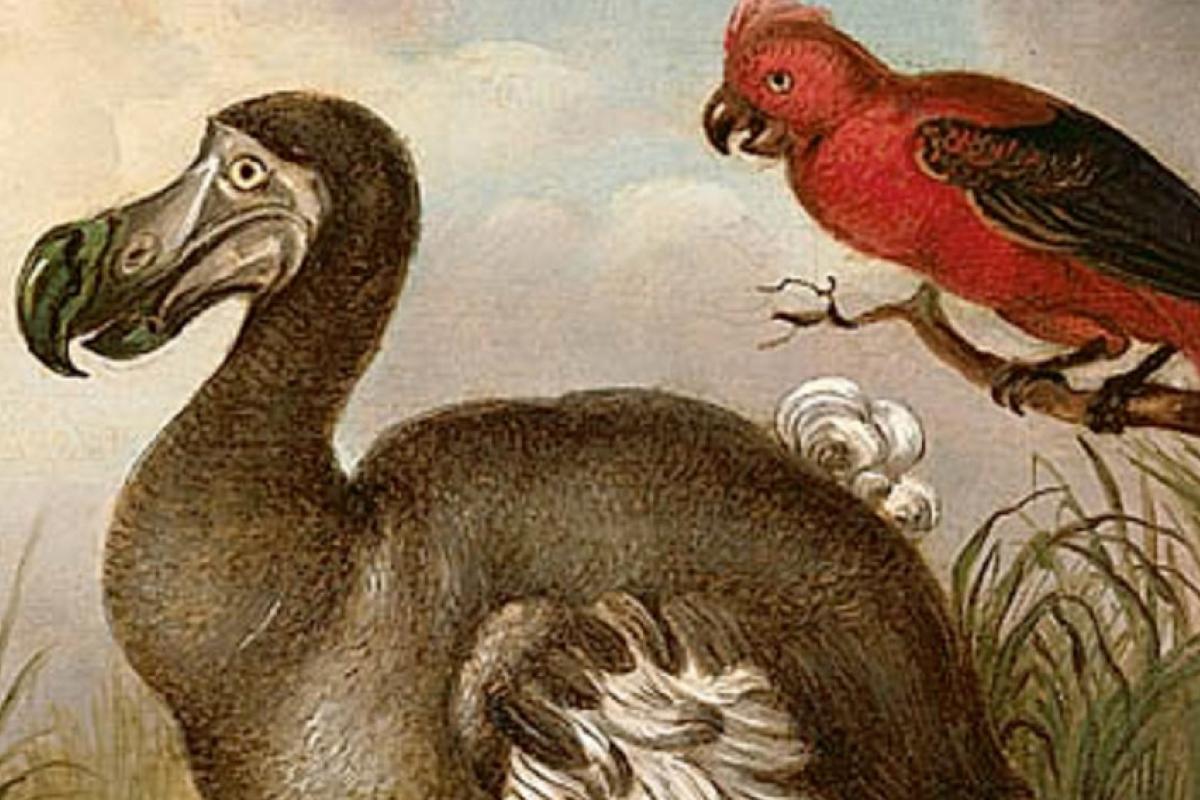
CU research IDs new strategy to fight species extinction
The go-to-strategy for rescuing threatened species has long been to set aside tracts of healthy land to spread out in, and migration corridors that allow them to mix with other populations, gaining resilience via a broadened gene pool. Because habitat preservation isn’t always viable, introducing genetic diversity might keep threatened species viable, scientists find.
Read More


